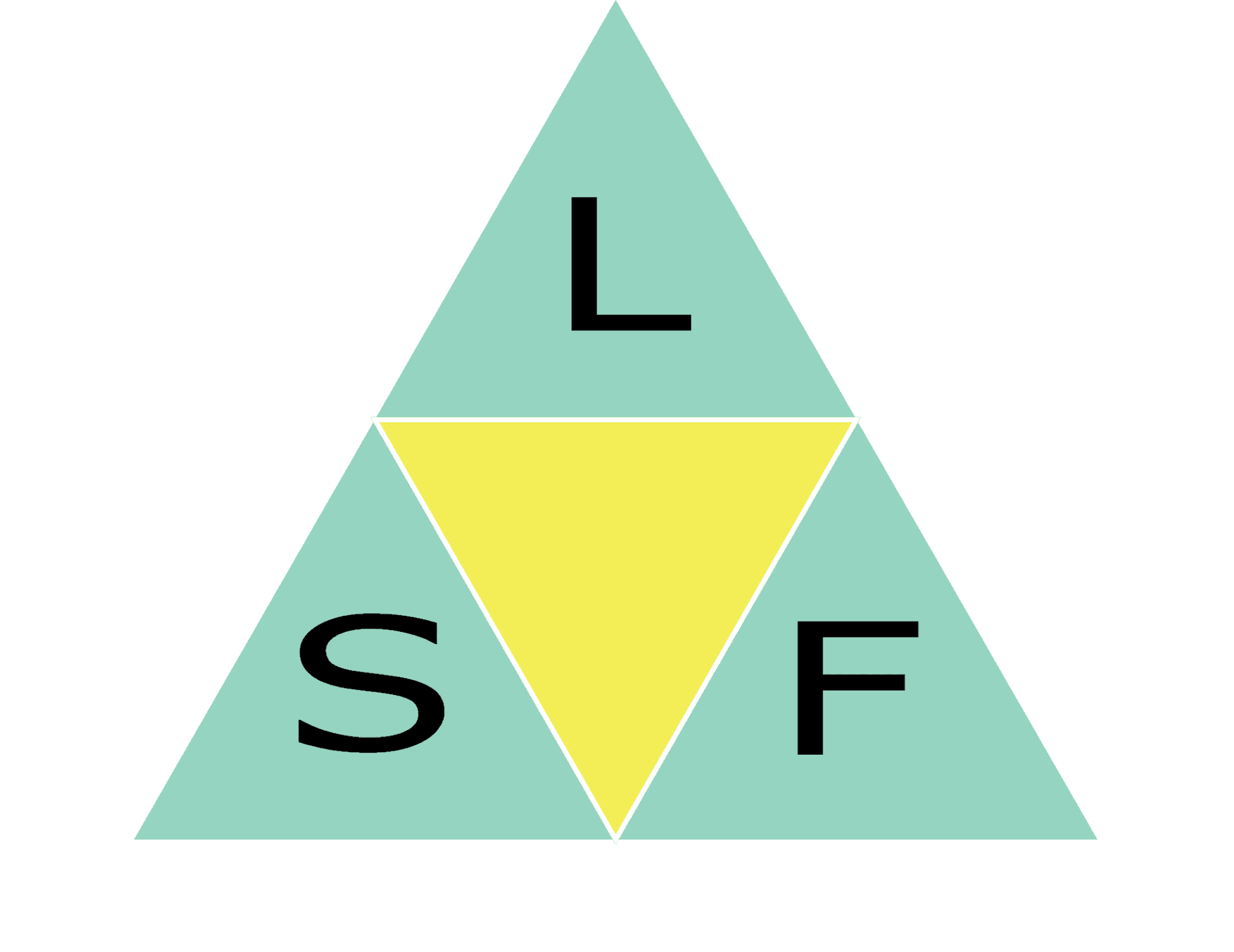LSF i Ticketing ©
Objectives and Vision
LSF i Ticketing borns with the purpose of offering value-added Services for Intelligent Automation within ITSM, improving different aspects of the whole process of the Ticket Management, combining different AI Technics : Semantics NLP, ML , Soft Computing.
In the years, it evolved as an advanched System for Customer Services.
The Funcionalities and Services Offered are particulary suited both for the Operator, to improve and speed-up its analysis, and for the End-User, to support the Self- Resolution.
Moreover, they are strong bases for Predictive Analysis and Prevenctive Maintenance (including Anomaly Detection and Cause Rooting Analysis), allowing also the Extraction of “hidden” Knowledge.
It is especially designed in view of the integration and exstension of existing Systems ( e.g. Service Now , BMC Remedy ). Due to it’s modular and Light Service-oriented Architecture, which allows seemless and non invasive integration on top of Legacy System, as well as start-up , maintenance and up-dating of Knowledge Base.
Distinctive Aspects
Anomaly Detection and Cause Rooting
by means of suitable, specific methodologies and Tools
Preventive and Proactive Maintenance
monitoring suitable indicatores built on the base of Historycal series and, above all, on the capabilities of point-out latent Phenomena related to Prediction of critical Situations
Support to the Operator and End User for tickets Classification and Resolution
searching pertinent Documents ( Manuals, User Guides ecc) or similar Tickets already solved, as well as taking advantages or a more precise ticket Classification, usefull both for Self- Resolution and Operator Solution or re-routing.
Success Case
We point-out a PoC realised for ENEL, organised on two activites, the first supervisioned and the second one unsupervisioned :
- Automatic Classification of the Tickets
Allows organising the solutions, using texts analysis of the ticket, to suitable classes structured in a Taxonomy, supporting in a such way first and second level Operator.
- Clustering & Knowledge Discovery
Throught (unsupervisioned) Clustering the system is able to form omogenius groups of tickets, on the based of common themes involved, independently of Taxonomic Classification.
Each Ticket can belong to many Clusters.
These Clusters can be analyzed to infer useful information and allow “hidden” Knowledge Extraction or make evident new aspects, not considered by the classification extraction. This i salso an important Help for validation, Maintenance and Evolution


